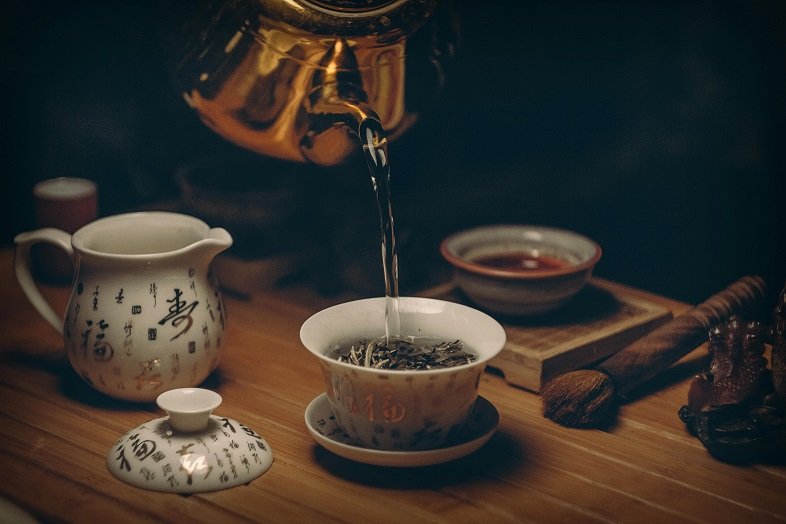Tea and Headaches: Exploring the Soothing Connection
HealthTeam2/29/2024
 Feb 29: Headaches are a common occurrence, affecting millions of people worldwide. While they can be disruptive and frustrating, many turn to natural remedies for relief. Tea, a comforting and ubiquitous beverage, is often considered a potential solution. But does tea truly hold the power to soothe headaches, and if so, which types are most effective?
Feb 29: Headaches are a common occurrence, affecting millions of people worldwide. While they can be disruptive and frustrating, many turn to natural remedies for relief. Tea, a comforting and ubiquitous beverage, is often considered a potential solution. But does tea truly hold the power to soothe headaches, and if so, which types are most effective?
The Mixed Effects of Caffeine:
Potential Relief: Many teas, like black, green, and oolong, contain caffeine. Caffeine acts as a vasoconstrictor, narrowing blood vessels and potentially reducing headache pain, especially when combined with pain relievers like over-the-counter medications.
Possible Trigger: However, for some individuals, caffeine withdrawal or excessive intake can trigger headaches. It's crucial to understand your response to caffeine before relying on it for relief.
Herbal Teas for Soothing:
Several herbal teas offer potential benefits for headache sufferers, though research is ongoing, and individual experiences may vary:
Chamomile: This popular tea possesses anti-inflammatory and calming properties, potentially reducing tension and promoting relaxation, which can be helpful for tension headaches.
Ginger: Ginger tea is known for its anti-nausea effects and may also offer mild pain relief, making it suitable for headaches accompanied by nausea.
Peppermint: Peppermint tea has a cooling and calming effect, potentially easing tension and muscle aches associated with headaches.
Feverfew: This herb has been traditionally used for centuries to manage migraines, although scientific evidence is still limited. However, it's important to note that feverfew can interact with certain medications and should only be used under the guidance of a healthcare professional.
Important Considerations:
Hydration: Dehydration can contribute to headaches, so staying well-hydrated is essential, regardless of the type of tea you choose.
Quality Matters: Opt for high-quality, loose-leaf teas or reputable brands of tea bags to ensure the effectiveness and safety of the ingredients.
Individual Response: Remember, everyone reacts differently to various remedies. It's important to pay attention to your body's response and consult a healthcare professional if headaches persist or worsen.
Conclusion:
While tea may not be a universal cure for headaches, it can offer a comforting and potentially helpful approach, especially for certain types of headaches and individuals. Exploring different options and understanding their potential benefits and limitations is crucial for making informed choices and finding relief. Remember, consulting a healthcare professional is always recommended for persistent or severe headaches.
By Sujata Muguda Shreyas WebMedia Solutions